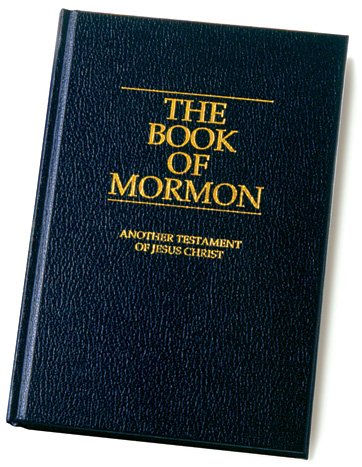 I recently came across a new and interesting Book of Mormon geography theory that I wanted to pass along even though I haven’t researched it much yet and so can’t say what I think of it. Your feedback on this would be welcome. The theory is explained at this website.
I recently came across a new and interesting Book of Mormon geography theory that I wanted to pass along even though I haven’t researched it much yet and so can’t say what I think of it. Your feedback on this would be welcome. The theory is explained at this website.
So here is the key behind it. The Book of Mormon mentions that the Nephites took seeds from Jerusalem and brought them to the promised land. Now seeds can’t grow in unlike climates, so that immediately reduces all possible Book of Mormon lands to climates that can grow seeds from Jerusalem. They then took all other geographical factors mentioned in the Book of Mormon and further reduced the possibilities. They ended up finding a surprisingly high ‘hit rate’ with none other than Baja California.
Is there any thing to this theory? I don’t know. But I like their thinking in any case. Even if this turns out to be total poppycock, it’s the right sort of poppycock. This is a really good example of ‘sticking your neck out’ with a theory. The last person to do this was the much maligned Rodney Meldrum. For all the things he gets obviously wrong, I have to get him credit for actually bothering to not merely abstract things until there is little or not chance of disproving the existence of Nephites and actually managing to come up with a solid falsifiable theory — supposedly the mark of all good scientific theories. In fact Meldrum’s theory was so solidly falsifiable that it has in fact been falsified. This may sound like a joke, but in fact this means he was really doing things the right way from a scientific perspective. If only we could now get him to admit he was wrong and stop selling books.
So now we have yet another solidly falsifiable theory. It will be interesting to see what comes of this.


